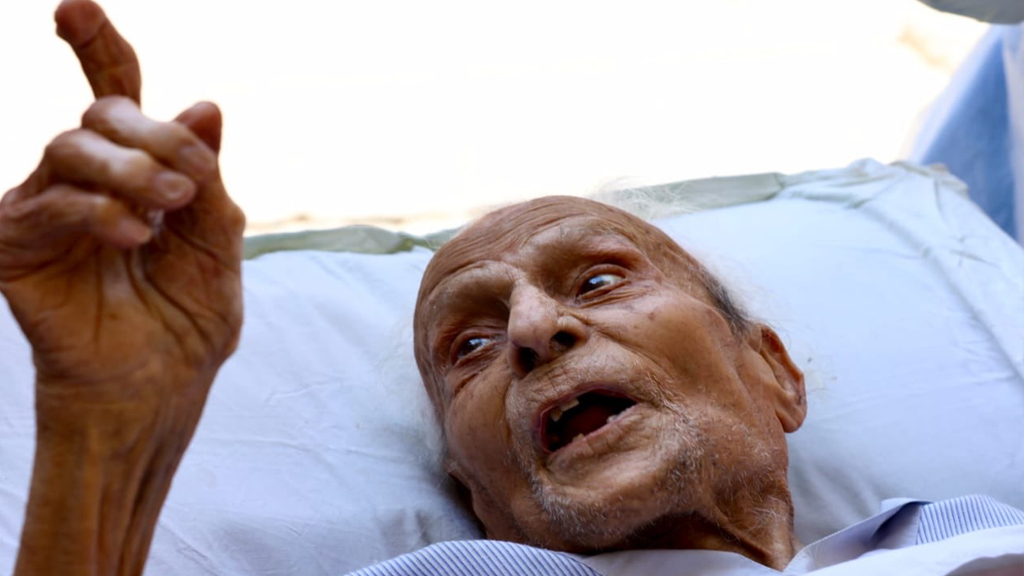 (Dr Vinit Suri, Senior Consultant Neurologist, Indraprastha Apollo Hospital)
(Dr Vinit Suri, Senior Consultant Neurologist, Indraprastha Apollo Hospital)
COVID-19 is an infectious disease with a high incidence of a symptomatic disease. As per the study. Worldwide 80 percent of the COVID 19 cases show mild symptoms
Stroke And Covid Patients
All serious viral respiratory illnesses may be complicated with neurological complication. There are three ways in which COVID-19 may impact the brain –
- Direct involvement of the brain or vessels or nerves by the virus. Eg Loss of smell is a very prominent feature of COVID-19 infection which can be the beginning of manifestation of COVID-19.
- Immunological damage to the brain or nerve
- Involvement of the brain by the systematic factor. Eg sepsis, metabolic disturbances including low oxygen or high carbon dioxide.
Serious Maintenance of Brain
Covid-19 may also affect the central nervous system with neurological symptoms like headaches, dizziness, loss of taste and smell, and impaired consciousness. Some patients experience formation of clot in multiple circulation resulting in strokes, heart attacks, pulmonary embolism, and other complications.
A stroke occurs when there is an interruption of a flow of blood to the brain either as reduced/flow or spillage of blood (hemorrhage). It can often kill brain cells if not treated immediately. Symptoms of a stroke range from the inability to move one side of the body to difficulty speaking or forming words. Some people experience a loss of coordination and signs of vertigo.
COVID-19 coronavirus attacks the lungs resulting in severe inflammation as they fill with fluid, ultimately reducing their ability to fulfil their intended purpose: transferring oxygen from the lungs to the blood stream via red blood cells.
Do Not Delay the Treatment
Stroke patients may have significant recovery if they get appropriate treatment within the golden hour (4-5hours) for intravenous thrombosis and 6 hours for mechanical thrombosis.
Treatment
A clot-busting drug known as tissue plasminogen activator (TPA,) the first line treatment, as well as endovascular or catheter-based approaches (in delayed presentations) could be lifesaving.
While the risks of clotting related to COVID-19 are now apparent, many patients who experience stroke-like symptoms including weakness, difficulty speaking, dizziness or numbness have been reluctant to seek care in the emergency department—for fear of exposure to the virus itself. Yet this delay to seek care could be disastrous, with life-altering consequences (paralysis, loss ability to think or speak) including death.











